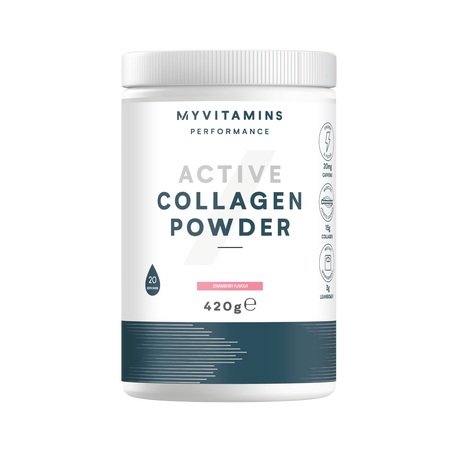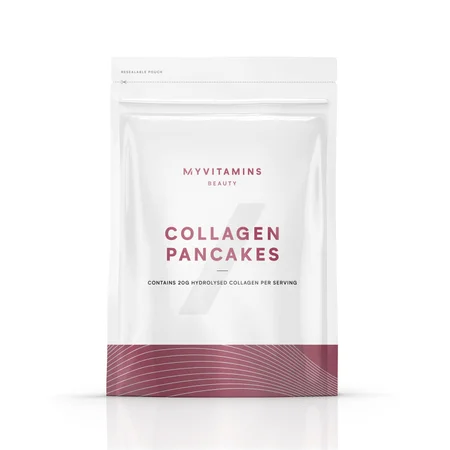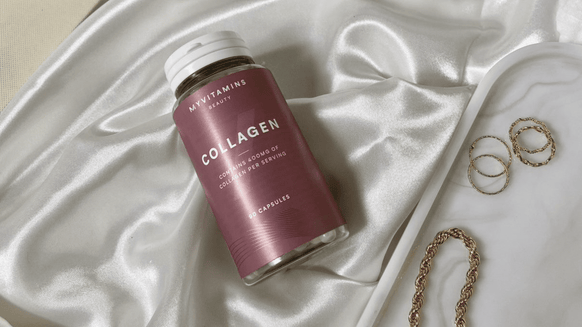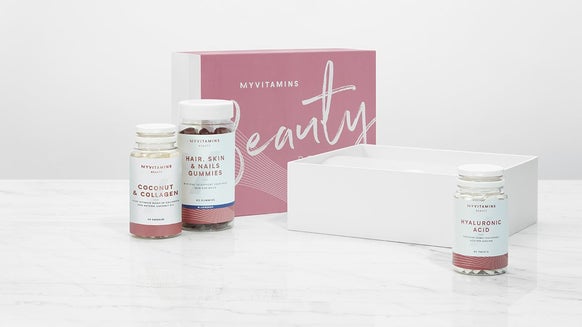What Is Collagen And What Does It Do For Our Skin?
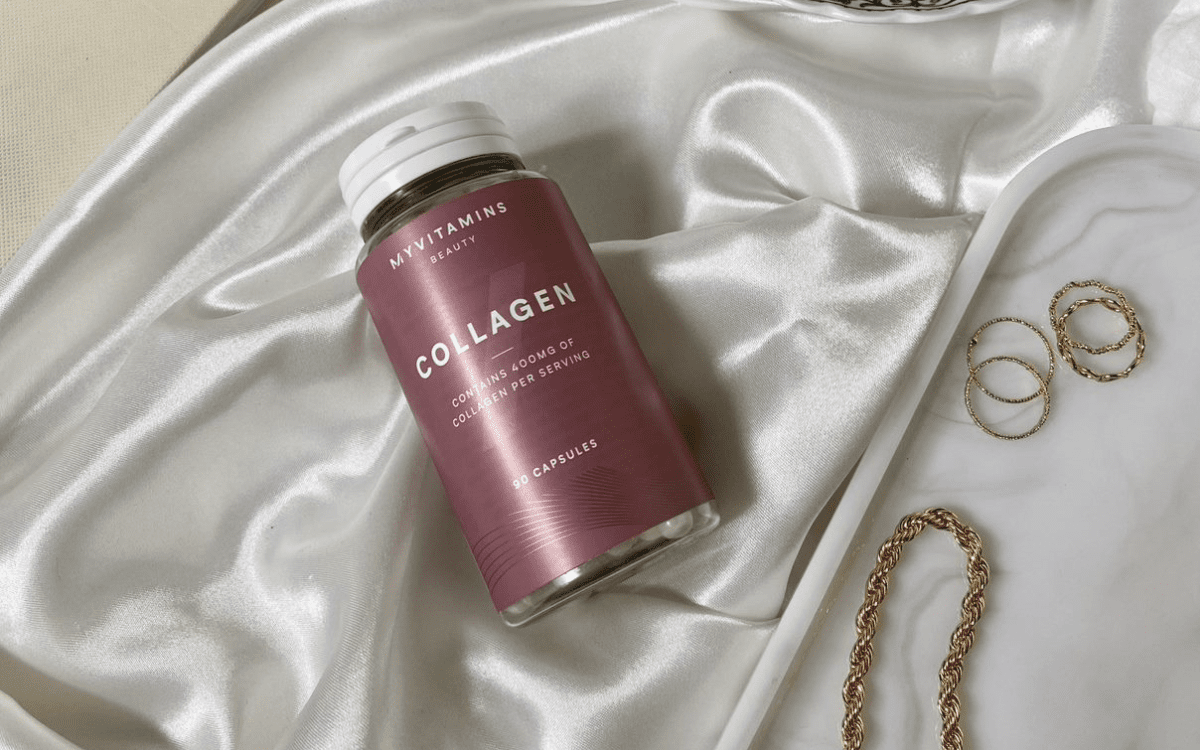
Collagen has been used for many years in beauty and skincare products, and for good reason. It's the most abundant protein in your body and helps support your joints and muscles as well as your skin.
We'll explain more about what collagen does and how you can stay topped up for hydrated, healthy skin.
What is collagen?
The body is made up of trillions of cells, all of which are contained within a network called the ‘extracellular matrix’. This matrix is made up of proteins and other molecules in order to provide structure and support to cells. Collagen makes up around 90% of the proteins found in the extracellular matrix.
When it comes to skin health, collagen is important for providing structure to skin cells and is responsible for elasticity of the skin. Collagen molecules also help to retain water and prevent dehydration of the skin.

What are the benefits of collagen supplementation?
1. Improved skin elasticity
‘Plump, bouncy, smooth’ are all words that we might associate with younger looking skin. However, as we age, we start to lose skin elasticity causing skin to droop and a more prominent appearance of wrinkles.
Supplementation with collagen has been shown to improve the overall appearance of skin, including smoothness and elasticity. These effects can last for at least 4 weeks following supplementation, unlike topical collagens that need to be applied daily.
2. Hydrated skin
Glowing skin has definitely taken over recent beauty trends, and to glow we need moisture. As mentioned previously, collagen helps to trap water in the extracellular matrix which is integral to all layers of the skin. Supplementation with collagen allows water to be retained in not only the superficial layers of the skin, but also the deeper layers (that topical products may not reach).
Our skin is constantly renewing, so having healthier deep layers is likely to mean glowing skin at all stages in the skin cycle.
3. Fewer aches and pains
Our joints are surrounded by a layer of cartilage to protect the bones against friction and general wear and tear. Collagen makes up over half of the cartilage structure. Cartilage becomes thinner with age and also due to trauma from high impact activities such as HIIT, running and sports that involve jumping. This can lead to pain and inflammation of the joint. Supplementation has been shown to help prevent cartilage degeneration, reduce pain and improve joint mobility.
4. Reduced acne scarring
Going back to skin, collagen supplementation may help to reduce the scarring that occurs as a result of moderate to severe acne. If collagen is present in an area it can help to recruit other collagen molecules and collagen-secreting cells. An abundance of collagen can then encourage death of the unhealthy cells and stimulate new cell growth. Overall, this leads to improved skin and wound healing, and a smoother appearance of scar tissue.
What are some natural sources of collagen?
High-protein foods like bone broth (AKA chicken or beef stock) But if you follow a plant-based diet, try soy-based products such as tofu, tempeh, soy yoghurt and fortified soy milk. Dark leafy greens and brightly coloured vegetables such as peppers and tomatoes also contain collagen. Berries and citrus fruits contain collagen alongside important nutrients such as vitamin C.
Supplements or foods that contain zinc may also boost the absorption of collagen, as this mineral is needed for the body to correctly absorbed and process collagen.
Take Home Message
Collagen supplementation is still a fairly new area of research, but the research so far has been pretty promising. Collagen does appear to have a range of benefits and is not limited to skin health. Supplementation may a be more effective than topical use, as it can be utilised throughout the body and not only in superficial skin layers; the best way to describe the effects of collagen would be that it helps ‘to glow from the inside out’.
Check these out next:

